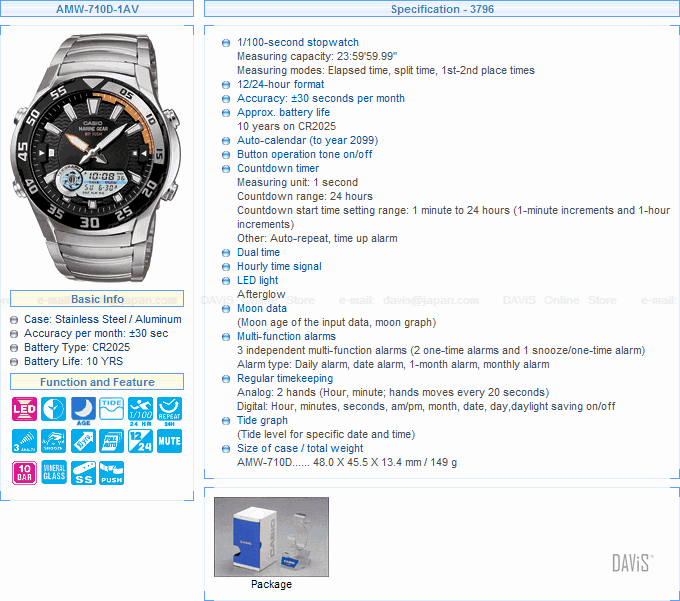
Klyuch Aktivacii Dlya Chernaya Akula
Dcs black shark blackshark.lua no file or directory. Dcs black shark cannot open. Blackshark blackshark.
The title/name of Song / Music / Video is embedding from Youtube and maybe some video containing a video's copyright. Old tamil mp3 song. Each of the rights over the files would be property of their respective owners.
On March 17, 2018,, alongside and The Observer, reported that Cambridge Analytica, a data analysis firm that worked on President Trump's 2016 campaign, and its related company, Strategic Communications Laboratories, pilfered the data of 50 million users and secretly kept it. This revelation and its implications, that Facebook allowed data from millions of its users to be captured and improperly used to influence the presidential election, ignited a conflagration that threatens to engulf the already tattered reputation of the embattled social media giant.
For five days, Mark Zuckerberg, Facebook’s CEO, remained what many called “deafeningly silent,” before finally posting a lengthy response to his personal Facebook page. He then spoke to a small handful of news outlets, including WIRED,.

From the moment the news about Cambridge broke, the media hydrant gushed out report after report. For those who want a linear representation of the week’s news, below you can find WIRED’s extensive Cambridge Analytica coverage—which dates back nearly two years. It started in the summer of 2016, when Trump's team hired Cambridge Analytica, a data analysis firm that had worked with Ben Carson and Ted Cruz during their presidential primary runs.
 If you see this message, your web browser doesn't support JavaScript or JavaScript is disabled. Please if you're running the latest version of your browser and you still see this message.
If you see this message, your web browser doesn't support JavaScript or JavaScript is disabled. Please if you're running the latest version of your browser and you still see this message.
As WIRED senior writer Issie Lapowsky reported at the time, the firm claimed to target voters based upon their psychological profiles, but some critics called “the company's ‘psychographic’ targeting claims hype at best and snake oil at worst.” A Trump aide told WIRED at the time that the data from Cambridge was “‘one cog in a very large engine’ fueled by information from the Republican National Committee and other vendors.”. After Trump won the presidential election, in November 2016, Lapowsky reached out to Matt Oczkowski, director of product for Cambridge Analytica, Trump’s data team. As Lapowsky wrote then, “The election upset already has inspired headlines about data being dead. Trump did, after all, reject the need for data, only to hire Cambridge Analytica during the summer after clinching the nomination. But Oczkowski believes such a characterization is as much a misreading of the situation as the polls themselves. ‘Data is not dead,’ he says, before repeating the old political adage that data doesn't win campaigns, it only win margins. ‘Data’s alive and kicking.
It’s just how you use it and how you buck normal political trends to understand your data.’” Nearly a year later, in October 2017, news broke that Cambridge Analytica’s CEO, Alexander Nix, had approached Wikileaks founder Julian Assange in 2016 to exploit Hillary Clinton’s private emails, a revelation that raised concerns about Cambridge's role in Trump's 2016 campaign. People who worked with Trump’s campaign quickly moved to downplay Cambridge’s role, saying that the Republican National Campaign was the primary source of voter data, and “Any claims that voter data from any other source played a key role in the victory are false.” This prompted a lot of questions about who did what when. Which brings us up to date.